All Stories
-
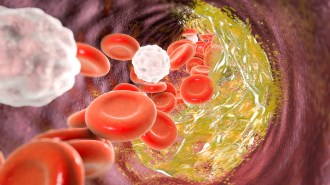 Health & Medicine
Health & MedicineA gene editing technique shows promise for lowering LDL cholesterol
In a trial of 10 people with familial hypercholesterolemia, a genetic medicine reduced levels of LDL cholesterol in the blood by up to 55 percent.
By Meghan Rosen -
 Space
SpaceThe James Webb telescope took some stunning images in 2023
Star nurseries. Planets. Supernova remnants. Here’s a look at some of this year’s stellar JWST images. And the mission is still just getting started.
-
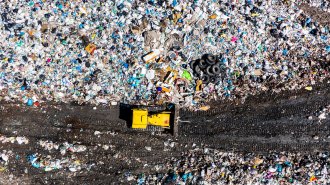 Climate
ClimateCOP28 is making headlines. Here’s why the focus on methane matters
Here’s one takeaway from COP28: Deep cuts to methane are essential to meet the Paris Agreement goals. That’s still possible.
-
 Artificial Intelligence
Artificial IntelligenceGenerative AI grabbed headlines this year. Here’s why and what’s next
Prominent artificial intelligence researcher Melanie Mitchell explains why generative AI matters and looks ahead to the technology’s future.
By Ananya -
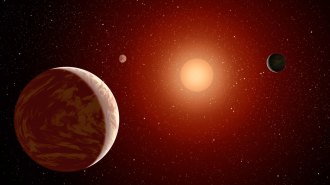 Astronomy
AstronomyHow tiny red stars can test ideas about the origin of life
A survey of ultracool dwarf stars finds they don’t emit enough UV light to kick-start life, but they could reveal other ways for life to get going.
-
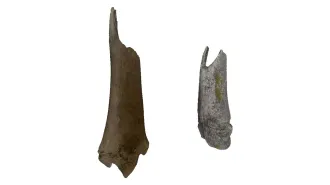 Anthropology
AnthropologySpanish horses joined Indigenous South Americans’ societies long before Europeans came to stay
By the early 1600s, hunter-gatherers at the continent’s southern tip adopted horses left behind by colonial newcomers, new finds suggest.
By Bruce Bower -
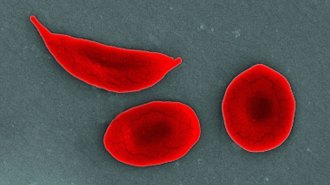 Health & Medicine
Health & MedicineThe first CRISPR therapy approved in the U.S. will treat sickle cell disease
In the world’s first CRISPR-based treatment, genetic tweaks to red blood cells aim to help people with the often debilitating disease.
-
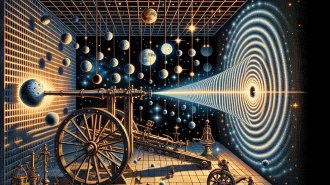 Quantum Physics
Quantum PhysicsA maverick physicist is building a case for scrapping quantum gravity
To merge quantum physics and general relativity, physicists aim to quantize gravity. But what if gravity isn’t quantum at all?
-
 Astronomy
Astronomy50 years ago, astronomers challenged claims that Barnard’s star has a planet
Astronomers have been searching for planets around the sun’s close neighbor for decades.
-
 Climate
ClimateHere’s how 2023 became the hottest year on record
The effects of climate change were on clear display in 2023 as records not only broke, but did so by surprising amounts.
By Carolyn Gramling and Nikk Ogasa -
 Environment
EnvironmentLandscape Explorer shows how much the American West has changed
The online tool stitches together historical images into a map that’s helping land managers make decisions about preservation and restoration.
-
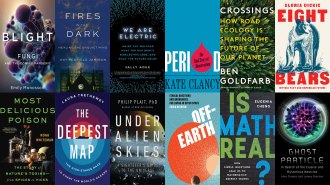 Science & Society
Science & SocietyThese are Science News’ favorite books of 2023
Books about deadly fungi, the science of preventing roadkill, trips to other planets and the true nature of math grabbed our attention this year.